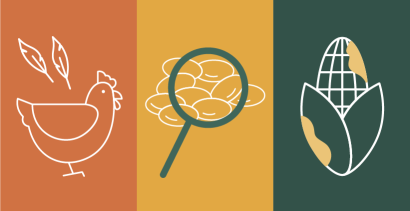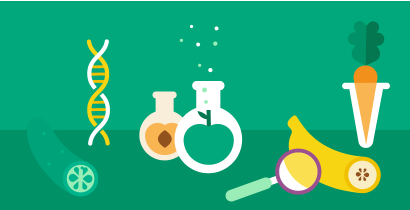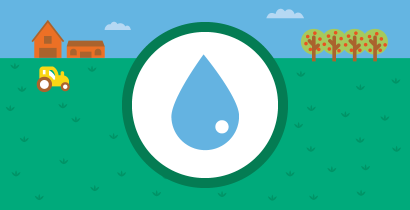Future challenges

Researchers are constantly working to address challenges that the world’s food supply faces now and in the future. Future challenges involve everything from producing more food with less resources to feed a rapidly increasing global population to developing environmentally sustainable solutions in response to climate change, or producing new food varieties with the potential to reducing the number of food-related allergic reactions.
Climate change, how will it affect how safe your food is?
30 August 2023It's becoming increasingly difficult to ignore the impact that our actions are having on the planet's climate. In this article, we will dive into how climate change can disrupt our ability to produce enough safe and nutritious food to feed the growing global population.
Food technologies: securing our future food supply
02 February 2018By 2050, the world’s population is estimated to reach a record over 9 billion people. This projected rise, coupled with rapid urbanisation, will create many societal and environmental challenges. Innovative food technologies offer exciting solutions to help us to prepare for the increased strain on agricultural resources, reduce food waste and provide adequate nutrition for all. We explore the potential opportunities for three technologies in contributing towards long-term food security.
Food production: A sustainable food supply
02 June 2015Ensuring a sustainable supply of food for the world’s fast growing population is a major challenge. Food production is one of the key areas that require action, alongside issues of food consumption, nutrition and food security.
Uses of Water in Food Production and Processing
01 February 2015Water is routinely used in food production as an ingredient, for cleaning, sanitation and manufacturing purposes. This article discusses the sources, treatments...
From Farm to Fork: Farming, The Beginning of The Food Chain
06 June 2006Modern farming does its utmost to guarantee quality and safety in food production - thus addressing concerns that are uppermost in consumers' minds today.
A sustainable future for cocoa
03 July 1999Theobroma cacao means food of the gods. It is also the botanical name for the cocoa tree, a much-revered crop for thousands of years. Satisfying the world's growing appetite for chocolate is an interesting case study in the development of sustainable agriculture.





